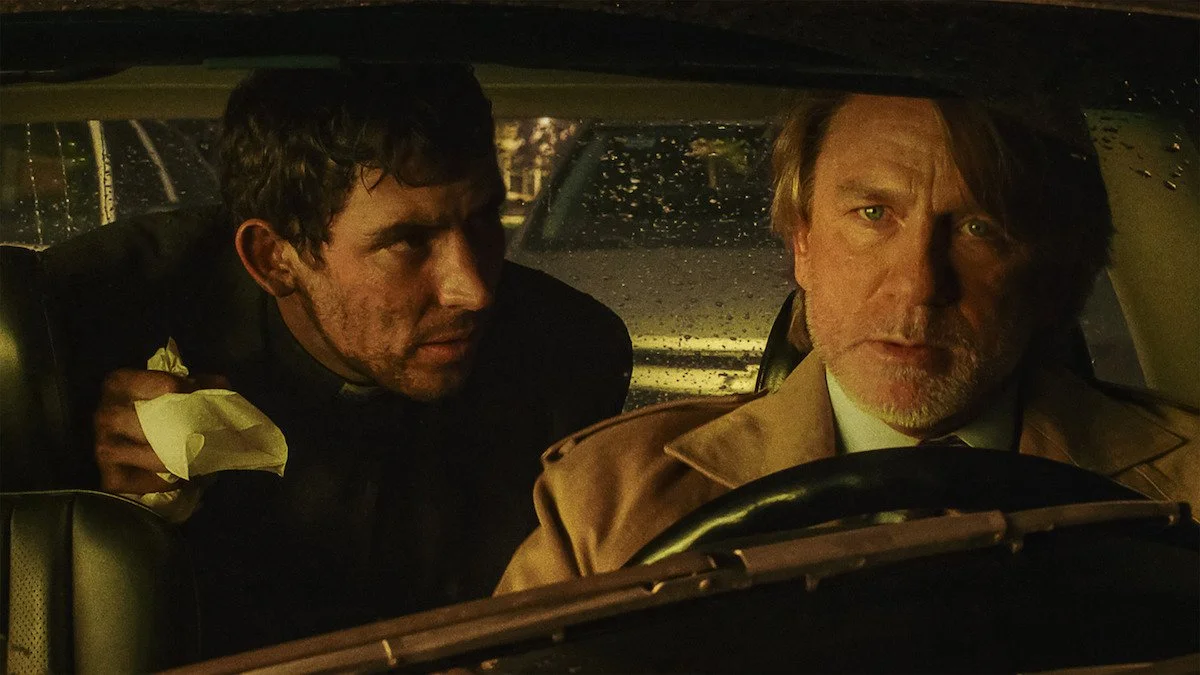‘L’Avventura’ REVIEW: an exploration of love and humanity
‘L’Avventura’ REVIEW: an exploration of love and humanity
From left to right, Monica Vitti, Lea Massari, and Gabriele Ferzetti as Claudia, Anna, and Sandro respectively in Antonioni’s L’Avventura (1960).
According to Greek mythology, man used to have a body for two people: two faces, four arms, and four legs. It was then said that Zeus feared man’s power and decided to split the body into two, leaving humanity punished to go on an eternal search for their other half. L’Avventura is not an epic concerning heroes or gods, nor is it a love story. It’s an exhaustive peregrination of two confused souls literally searching for their mutual friend and figuratively for their other halves in each other.
In L’Avventura, a group of people set sail to an island called Lisca Bianca. There’s the beautiful Claudia played by Monica Vitti. Her gorgeous friend Anna is also there, along with Anna’s boyfriend, Sandro. The other persons included in the trip are hidden behind the spotlight. It is obvious from the scene where the couple is making love and Claudia is seen from below that there is an unspoken tension between her and Sandro. An impending, unavoidable love affair.
What kicks it off is Anna’s disappearance— a huge chunk of the plot that feels so confusing from the start. The audience is treated to a short argument between the couple minutes before her sudden vanishing, and invisible fingers are pointed at Sandro. Rummaging around the ruins looking for clues, the reason behind her disappearance becomes insignificant as the tension between the remaining two grows. Left behind in the stormy island, a sense of isolation and loneliness looms. All of a sudden, everything becomes a metaphor.
The role of water’s calming nature can easily be related to the duo’s pent-up emotions as the waves crash into the shore. Their vacation turns into a search not only for Anna, but also for themselves. Their trip is cut short, yet their adventure has just begun. It’s a whole exploration of love and humanity in the persons of Claudia and Sandro. The two are caught up in a misfortunate happenstance that they obviously don’t know how to deal with.
It also offers a hypothesis on man’s tendency to cling to whoever’s near when somebody else leaves or vanishes. Anna disappears, Sandro clings to Claudia. The same goes for Claudia as she lost a friend too. It feels like something essential to survival. There is also something that will happen towards the ending of the film that can further prove this point. It has been said multiple times before that no man is an island, and that phrase is echoed throughout the film albeit not spoken.
A scene from L’Avventura (1960).
Aside from the beautiful lessons we can learn from the unexpected tragedies of life, L’Avventura doesn’t seem to have a strong conclusion to the story. But that’s just the case for this movie. You go in for the character development, and not for the unfolding of events and their conclusion. There’s a scene in the latter part of the movie where Claudia says, “…everything has become so hideously easy. Even forgetting pain.” Hearing those words come out of her mouth is just heartbreaking.
There’s a hint of brilliance from Antonioni in every scene, especially when it comes to the aesthetics. Whoever said that black and white films are a disadvantage to highlighting the visual composition of movies definitely hasn’t seen this one yet. It’s really an understatement to praise the cinematography of this ‘60s Italian movie as one can go so far as to say it’s perfect. The decision to shoot the film in different locations in Italy is a wise move. The viewers can bask in the country’s stylistic beauty matched with the setup of their infrastructure that, yet again, gives off a feeling of sadness.
L’Avventura’s story might be flawed, but its aim to evoke a sense of alienation is done very well. Watching it will fill you with emotions you never knew you had the ability to feel just from watching a movie. Claudia and Sandro’s dance of emotions struggle to find a resolution as the ending’s ambiguity suggests. But maybe that’s the point. Life is an eternal adventure not only of finding love, but also, finding someone to simply celebrate it with, overlooking any trespasses that the person might have done and facing whatever the world hits you alongside your other half.















